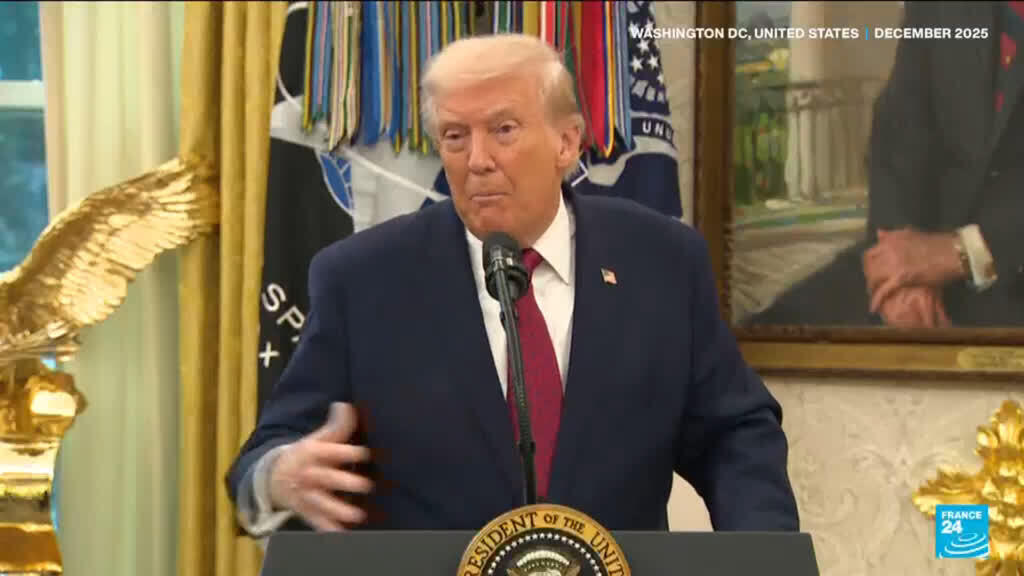The War You Never Knew: Joe Roberts’ Unflinching Poetry Collection
Joe Roberts’ The War You Never Knew is a powerful poetry collection that reveals the hidden scars of conflict through raw emotion and vivid verse. With unflinching honesty, Roberts transforms personal and collective trauma into haunting literary expression, spotlighting the inner battles that often go unnoticed. This body of work not only challenges the romanticism of war but also redefines poetic courage in a time of selective silence.

The bullets stopped. The orders faded. The jungle disappeared beneath the wings of a homebound jet. But for retired soldier Joe Roberts, the war never really ended.
Now, decades after Vietnam, Roberts has returned to the fight—this time with a pen.
His debut poetry collection, War Pieces, is not a history lesson. It’s a reckoning. Each line unearths what was buried deep after the uniform came off: the images, the sounds, the unbearable weight of memory. This isn’t the version of war taught in classrooms or played out in war films. It’s the raw, first-person truth of what it costs to survive.
The opening chapter, “Tam Biet”—a Vietnamese farewell—sets the tone. There’s no relief in leaving, only a litany of horrors that won’t be left behind.
“No more monsoons / No more leeches / No more rats / No more Viet Cong / No more, no more, no more…”
With each repetition, Roberts drills into a truth few civilians grasp: war is not just fought with weapons. It’s fought with the mind, long after the battlefield is gone. What Roberts captures in poetry is the psychological residue—fear that lingers, images that replay, guilt that festers.
His words don’t ask for applause. They ask for understanding. And that, perhaps, is the hardest ask of all.
“I don’t write to be poetic,” Roberts once said. “I write because I remember. And I remember everything.”
Roberts served in a war that tore countries apart and left its soldiers to pick up the pieces in silence. In War Pieces, that silence is shattered. Each poem is a window into moments no camera captured: watching a friend bleed out, wading through rivers filled with more than water, sharing smokes with men who wouldn’t see tomorrow. The chaos. The quiet. The numbness.
What makes Roberts’s poetry so powerful is its restraint. The lines are short. The language is plain. But between the words lies everything—the rage, the heartbreak, the disbelief that anyone could come back from that and be expected to live normally. To be “fine.”
He writes for those who can’t. The veterans who never found the words. The ones who came back to families that couldn’t understand. The ones who buried it all and let it poison them slowly.
Roberts doesn’t glorify war. He dissects it. He exposes it for what it truly is: not a campaign of victory, but a long, slow erosion of the soul. And in doing so, he speaks to a wider truth—one that stretches beyond Vietnam.
The war may have changed. The weapons may be different. But the wounds are the same.
Through War Pieces, Roberts gives civilians a chance to see past the camouflage and ceremony, into the wreckage war leaves behind. The poems don’t preach. They reveal. And what they reveal is unsettling: how little the world truly sees of the soldier’s burden.
For veterans, the book may feel like a mirror. For others, it may feel like a wake-up call. Either way, it sticks. The imagery lingers long after the final stanza. It’s not just a book you read—it’s one you carry.
Joe Roberts never planned to become a poet. But maybe poetry found him. In the silence after war, in the spaces between memory and pain, it gave him a way to speak. And now, through War Pieces, he’s not just speaking—he’s saying what too many never got the chance to.
Because some wars don’t end on paper. They end when someone finally tells the truth.











